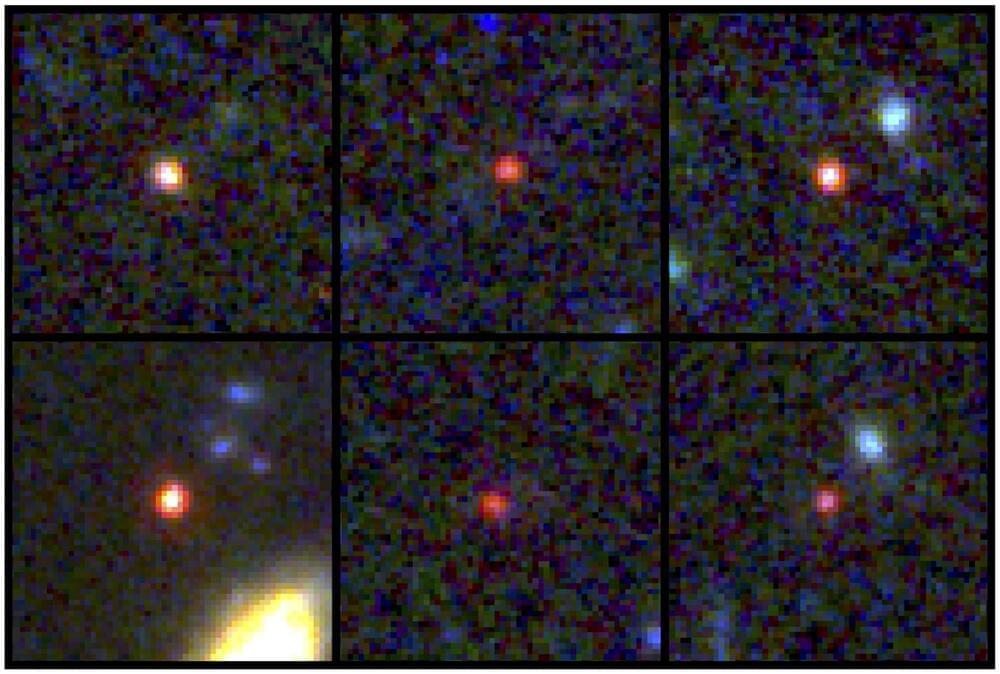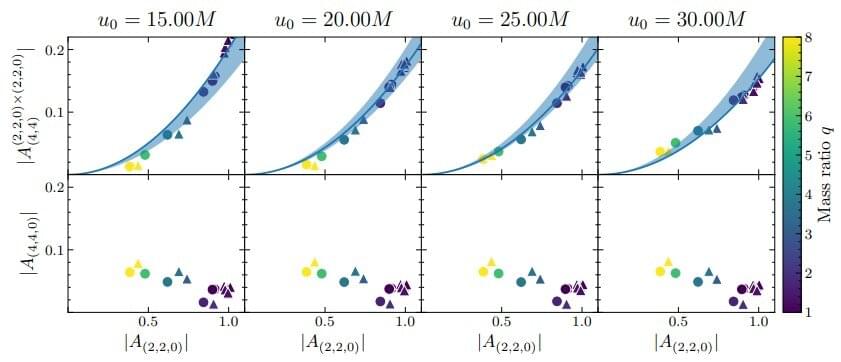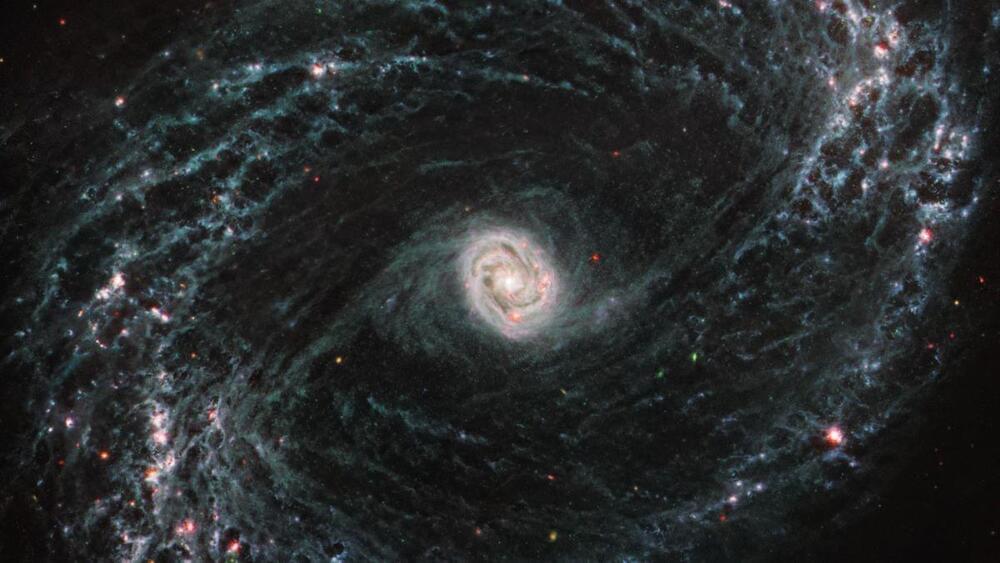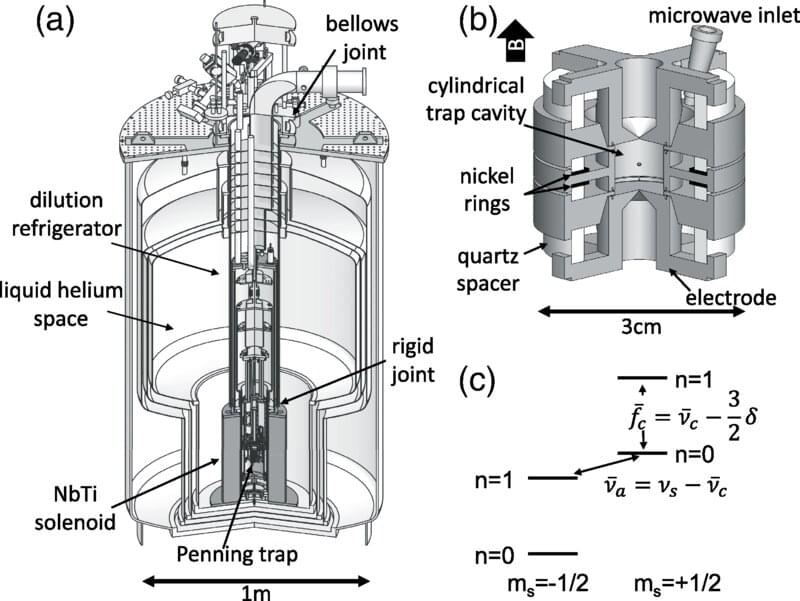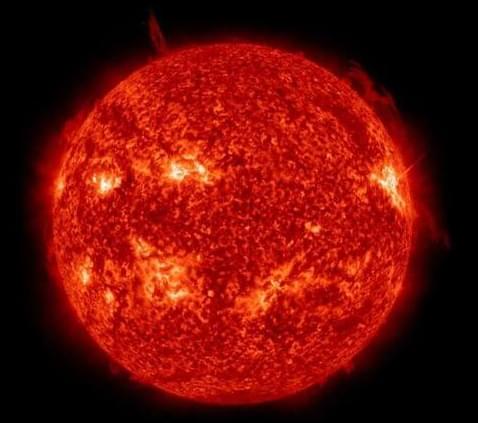How the Big Bang gave us time, explained by theoretical physicist Sean Carroll.
Up next, The Universe in 90 minutes: Time, free will, God, & more ► https://youtu.be/tM4sLmt1Ui8
In this Big Think interview, theoretical physicist Sean Carroll discusses the concept of time and the mysteries surrounding its properties. He notes that while we use the word “time” frequently in everyday language, the real puzzles arise when we consider the properties of time, such as the past, present, and future, and the fact that we can affect the future but not the past.
Carroll also discusses the concept of entropy, which is a measure of how disorganized or random a system is, and the second law of thermodynamics, which states that there is a natural tendency for things in the universe to go from a state of low entropy to high entropy. He explains that the arrow of time, or the perceived difference between the past and the future, arises due to the influence of the Big Bang and the fact that the universe began in a state of low entropy.
Carroll also touches on the possibility of time travel and the concept of the multiverse.
Read the video transcript ► https://bigthink.com/series/explain-it-like-im-smart/the-Big-Bang-gave-us-time.
